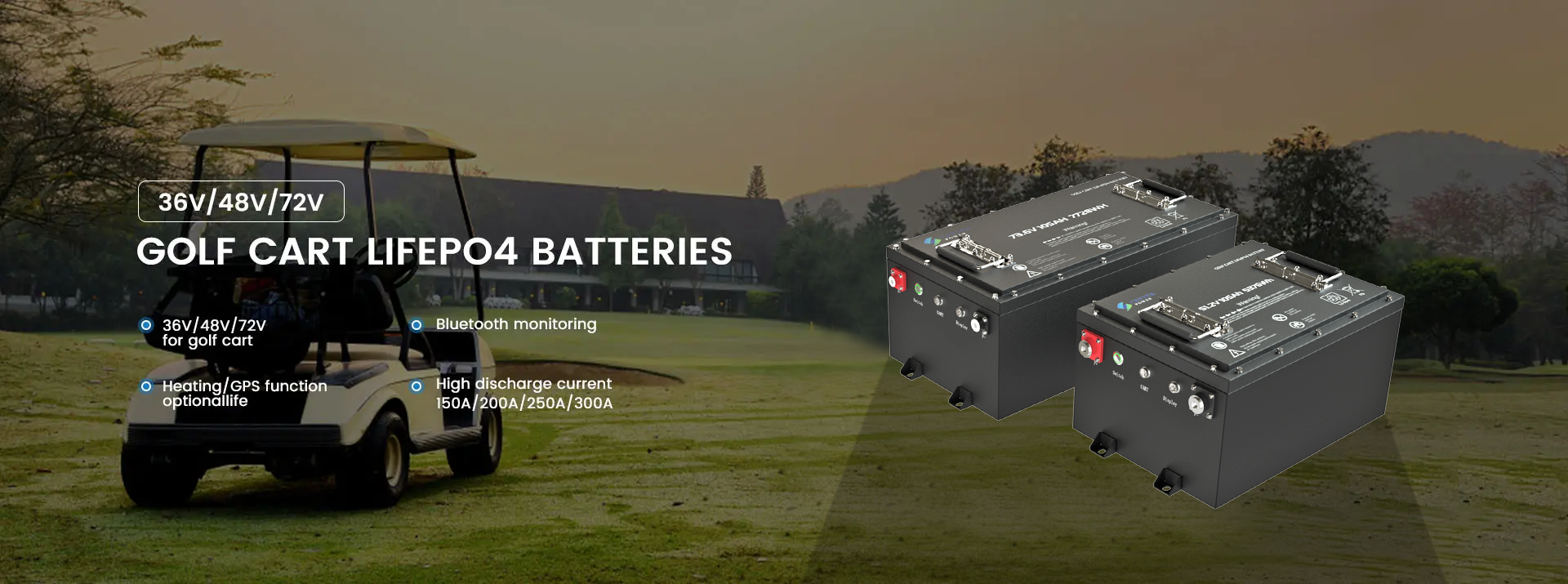
The lifespan of a wheelchair battery depends on several factors, including the type of battery, usage patterns, maintenance, and environmental conditions. Here is an overview of the expected lifespan for different types of wheelchair batteries:
Sealed Lead Acid (SLA) Batteries
Absorbent Glass Mat (AGM) Batteries:
Lifespan: Typically 1-2 years, but can last up to 3 years with proper care.
Factors: Regular deep discharges, overcharging, and high temperatures can shorten the lifespan.
Gel Cell Batteries:
Lifespan: Generally 2-3 years, but can last up to 4 years with proper care.
Factors: Similar to AGM batteries, deep discharges and improper charging practices can reduce their lifespan.
Lithium-Ion Batteries
Lithium Iron Phosphate (LiFePO4) Batteries:
Lifespan: Typically 3-5 years, but can last up to 7 years or more with proper maintenance.
Factors: Lithium-ion batteries have a higher tolerance for partial discharges and better handle high temperatures, leading to a longer lifespan.
Nickel-Metal Hydride (NiMH) Batteries
Lifespan: Generally 2-3 years.
Factors: Memory effect and improper charging can reduce the lifespan. Regular maintenance and proper charging practices are crucial.
Factors Affecting Battery Lifespan
Usage Patterns: Frequent deep discharges and high current draws can shorten battery life. It's generally better to keep the battery charged and avoid running it down completely.
Charging Practices: Using the correct charger and avoiding overcharging or undercharging can significantly extend battery life. Regularly charge the battery after use, especially for SLA batteries.
Maintenance: Proper maintenance, including keeping the battery clean, checking connections, and following manufacturer guidelines, helps extend battery life.
Environmental Conditions: Extreme temperatures, especially high heat, can reduce battery efficiency and lifespan. Store and charge batteries in a cool, dry place.
Quality: Higher-quality batteries from reputable manufacturers generally last longer than cheaper alternatives.
Signs of Battery Wear
Reduced Range: The wheelchair doesn't travel as far on a full charge as it used to.
Slow Charging: The battery takes longer to charge than usual.
Physical Damage: Swelling, leaks, or corrosion on the battery.
Inconsistent Performance: The wheelchair's performance becomes unreliable or erratic.
Regular monitoring and maintenance of your wheelchair batteries can help maximize their lifespan and ensure reliable performance.
Post time: Jun-19-2024





